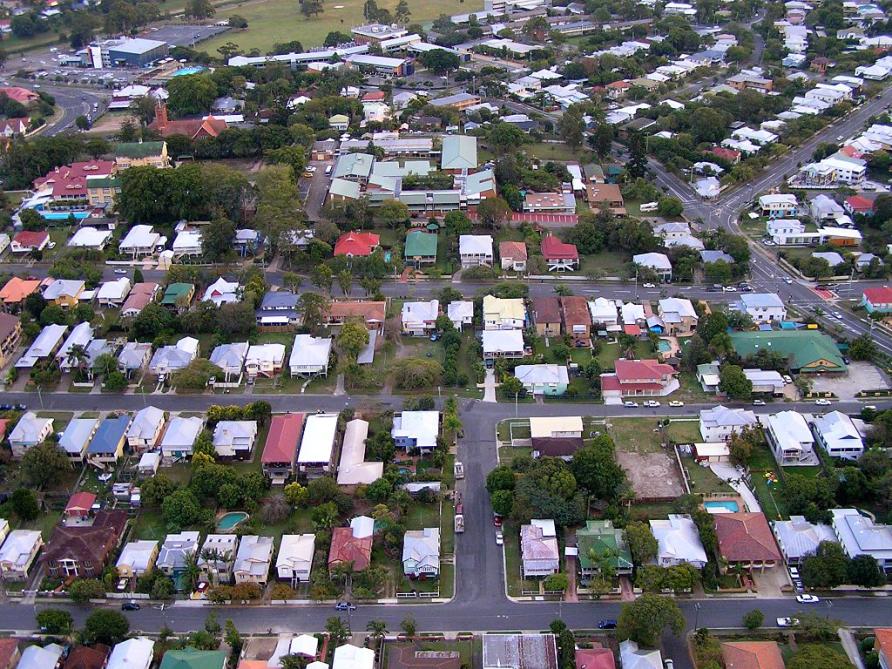Australians could face the most aggressive increase in mortgage interest rates in over 40 years if financial markets confirm their expectations.
The Reserve Bank raised the official cash rate by 25 basis points for the first time in more than a decade this week. This was following the fastest inflation rate in 21 years, hitting 5.1% in the March quarter.
The RBA's most closely watched measure of inflation - hit 3.7%, above its 2% to 3% target range for the first time since 2010. Therefore, the move to hike rates on Tuesday was not overly surprising... but the reaction from money markets has been surprising.
The markets fully priced Tuesday's hike, and from here implied market expectations suggest rates could reach almost 4% by year's end.
The effect of such a trajectory would be a large and aggressive adjustment in mortgage rates, with repayments increasing at an accelerated rate. It would be the most aggressive tightening cycle in more than 40 years.
This is unlikely to happen.
Normally, this would be a remarkable achievement - but these are not ordinary times and there is still a persistent degree of economic uncertainty.
Consumer confidence is declining as budget pressures are putting a strain on household finances.
The supply chain is still disrupted due to ongoing lockdowns in China, container shipping distortions, and increased freight costs. In addition, fuel prices are surging, food prices are rising, and the east coast floods are compounding the Ukrainian crisis.
Those are cost-push inflation pressures, as opposed to demand-pull inflation fueled by wage growth, which stimulates aggregate demand and, in turn, sustains inflation.
With real wages remaining in negative territory, household budgets will be constrained.
Despite household buffers that support the economy, the cost of living has increased, real wages have remained negative, and higher interest payments have further dampened household incomes. Besides fuel prices, rental prices and food prices rising, the major banks are forecasting that the official cash rate will hit 1.75% by the end of the year, while most estimate that the terminal rate will exceed 2% by 2023.
For existing mortgage holders, housing affordability will get worse over the next 12 to 18 months as repayments become more expensive with rising interest rates.
More than 1.1 million borrowers have never experienced an increase in interest rates. For many Australians who borrow to own a home, their house is their largest asset. If this asset's value declines, the "wealth effect" kicks in and households may spend less, limiting economic growth.

